Dr Anna Krause is co-organizing the workshop "Neuro-Explicit AI and Expert-Informed Machine Learning for Engineering and Physical Sciences (ExML)" at ECMLPKDD 2023.
moreNews - Data Science Chair
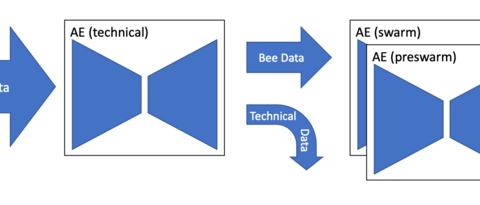
In our paper, we conduct an initial study to investigate the use of audio data from the We4Bee project in detecting bee swarming.
moreCAIDAS at the ai.bay 2023
02/28/2023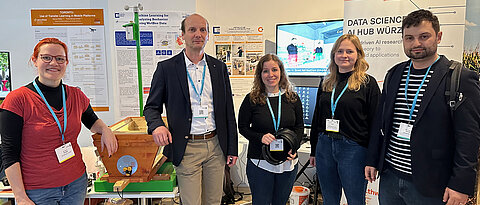
Über die Zukunft von Sprachassistenten und die Herausforderungen neuer Technologien sowie das Projekt "MOTIV" sprachen Professorin Carolin Wienrich und Professor Andreas Hotho mit dem Bayerische Forschungsinstitut für Digitale Transformation (bidt).
more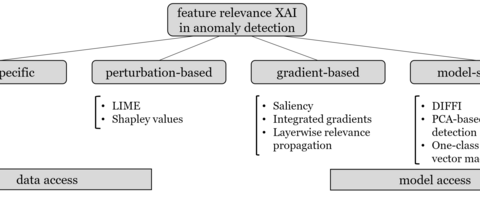
In our work we review existing approaches that explain AI-based anomaly detectors by highlighting features relevant for their predictions.
more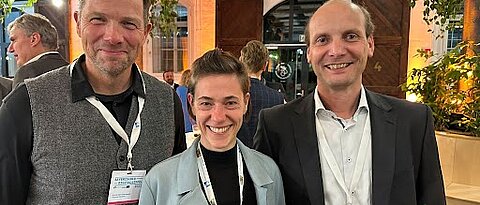
Carolin Wienrich, Marc Latoschik, and Andreas Hotho visited the Bavarian Digital Summit. In the evening, they were invited to the reception of State Minister Judith Gerlach.
moreThe MAGNET4Cardiac7T project will be funded.
11/15/2022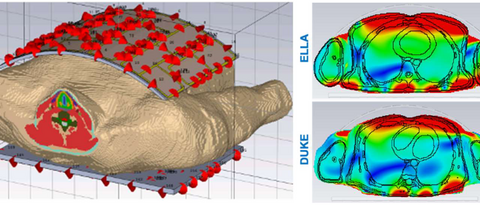
The final decision is out! The MAGNET4Cardiac7T project will be funded. The official start is on the 01.12.2022. Within the project a method for modelling the distribution of electromagnetic fields in a human thorax while using a MRT-Scanner will be developed.
more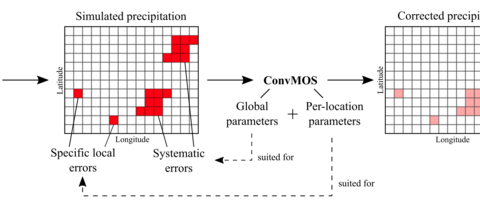
In this paper by M. Steininger et al., deep learning helps to improve climate models by post-processing their outputs.
more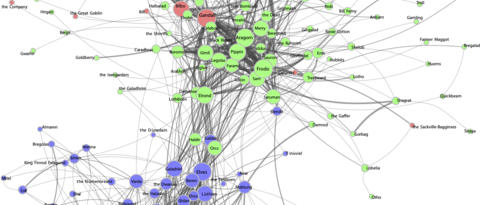
In this paper, we combine NLP with Graph Learning to advance computational literary studies - using Tolkien's Legendarium as a case study.
more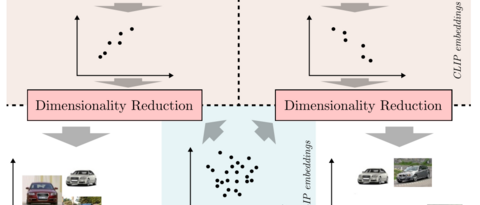
In this paper by K. Kobs, M. Steininger, and A. Hotho, we use language to guide an image embedding process such that the resulting embedding space is focused on a desired similarity notion.
more
